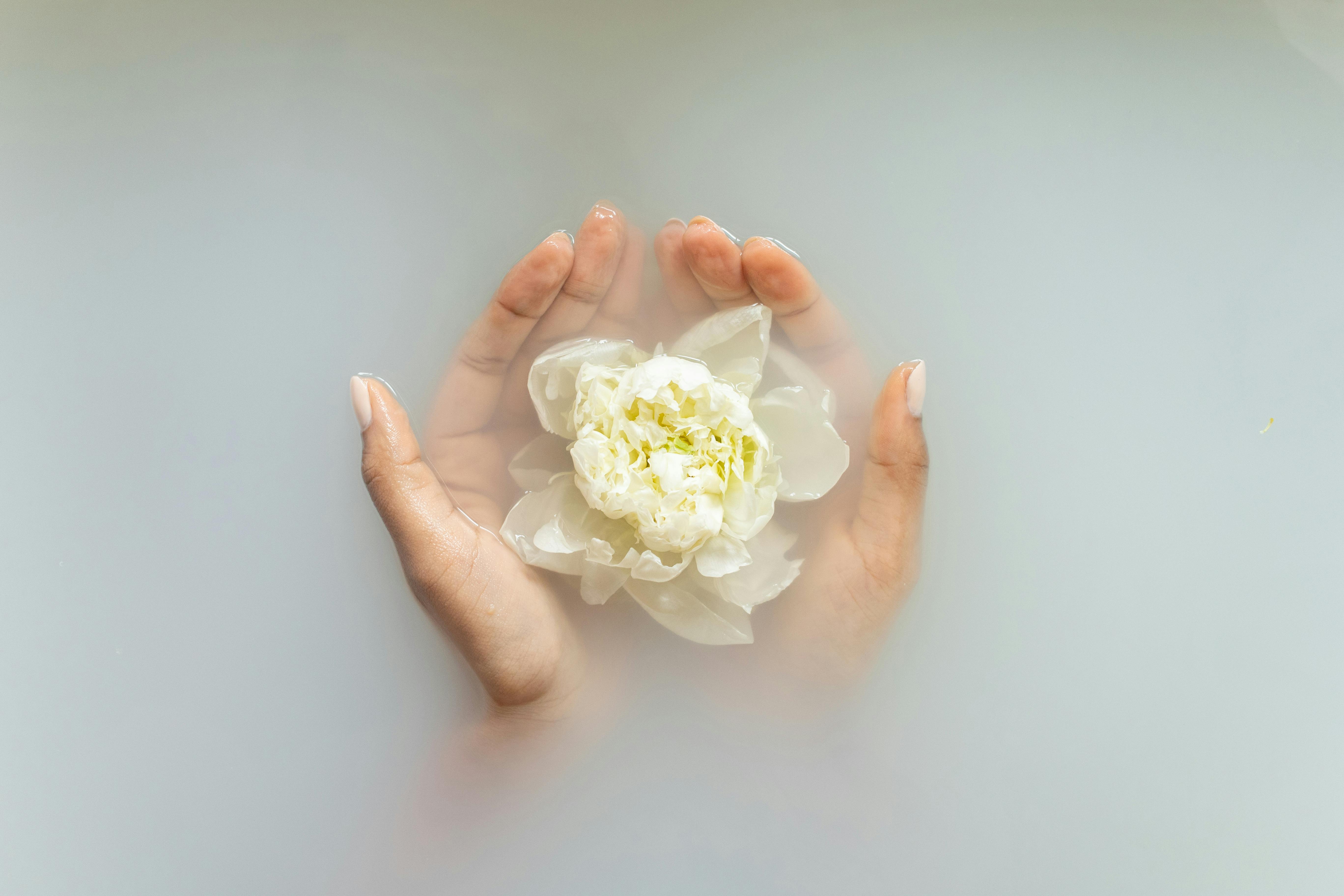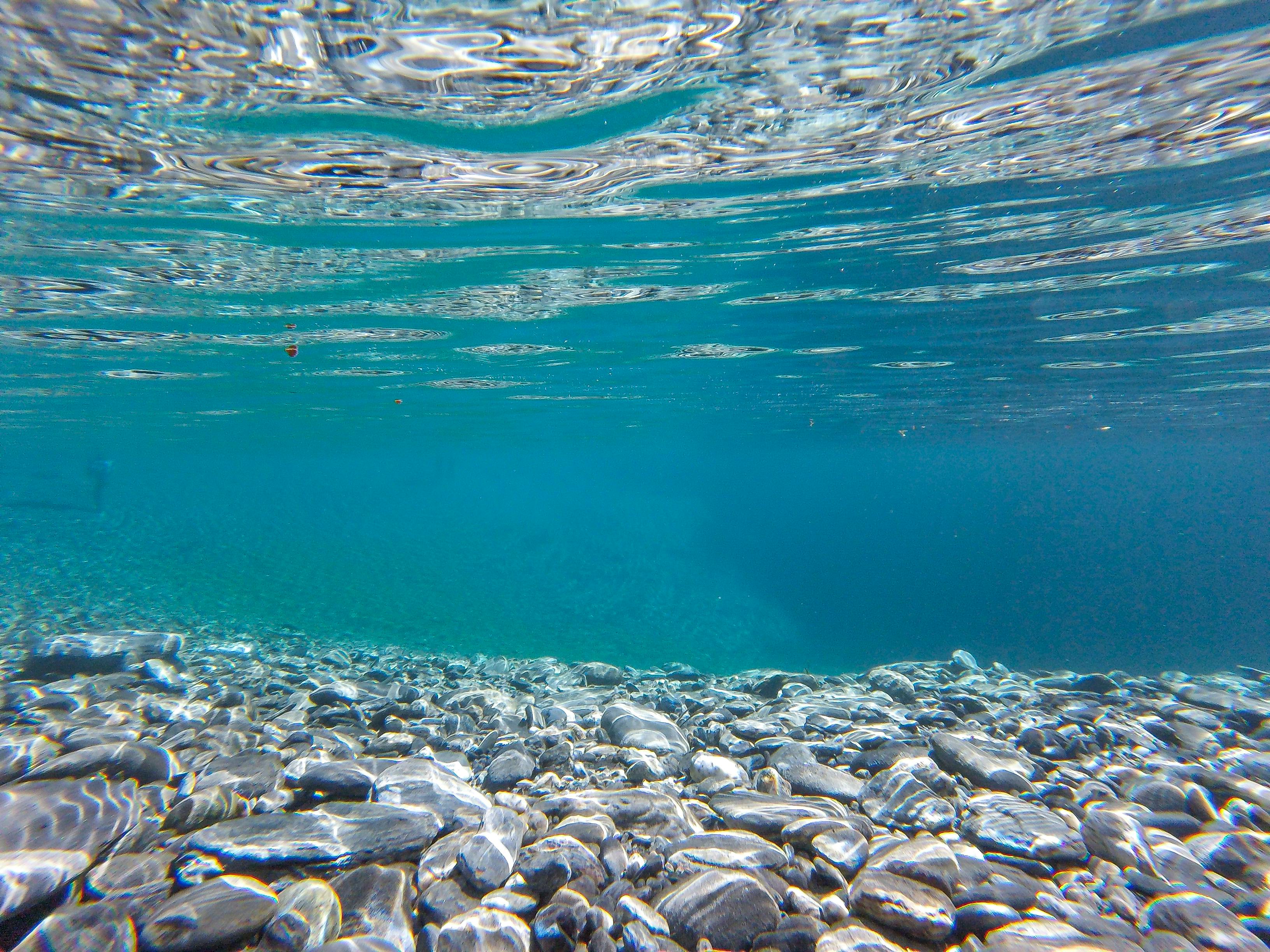Distilled water is a pure substance because it has been purified through a process of distillation. During this process, impurities such as minerals, bacteria, and other contaminants are removed from the water. As a result, distilled water is free of toxic or hazardous substances, making it safe for consumption and use in various applications. It also has a neutral pH level and does not contain any minerals or dissolved solids. Therefore, distilled water is one of the purest forms of water available and can be used for a variety of purposes.Distilled water is water that has been boiled into vapor and then condensed back into liquid form. This process removes impurities and minerals from the water, making it purer than tap or spring water. Distilled water is used in many applications, including cooking, medical treatments, car batteries, and more.
Pure Substance
A pure substance is a material that has a fixed composition and distinct chemical properties. It consists of only one type of matter and cannot be separated into other substances. Pure substances are also known as elements or compounds, depending on their structure and the number of atoms they contain. Examples of pure substances include water, oxygen, salt, iron, gold, and carbon dioxide. All pure substances have distinct physical and chemical properties that allow them to be identified and used in a variety of ways. For example, water has a high boiling point and is composed of two hydrogen atoms bonded to an oxygen atom, while salt is made up of sodium and chlorine ions that give it a salty taste. Additionally, pure substances can exist in different states such as solid, liquid or gas depending on the temperature and pressure conditions.
Distillation
Distillation is a process used to separate different substances from a mixture by using differences in their boiling points. This process exploits the fact that different substances evaporate, or boil, at different temperatures. Distillation is commonly used to purify water and separate alcohol from liquids. It can also be used to separate compounds from solutions, such as gasoline from crude oil.
How Does Distillation Work?
Distillation works by heating a mixture of compounds until one or more of the components evaporates or boils off. The vapors produced are then cooled and condensed into liquid form. The process is repeated until the desired component has been isolated from the rest of the mixture. The boiling points of each component in the mixture determine how much of each component will be collected during each distillation cycle.
For example, when separating water and alcohol, water has a lower boiling point than alcohol and will boil off first. By cooling the vapor produced from the first distillation cycle, it becomes liquid again and can be collected separately from the alcohol that boils off in subsequent cycles. In this way
Benefits of Distilled Water
Distilled water is a type of purified water that has been through a process of distillation. It is free from impurities and contains no minerals or contaminants. As such, it is often used in applications where pure, contaminant-free water is required, such as in medical and laboratory settings. Distilled water has several benefits over regular tap water, including:
No Contaminants
One of the main advantages of distilled water is that it contains no contaminants, such as chlorine or heavy metals. This makes it ideal for use in medical settings where the purity of the water is essential. Furthermore, because there are no minerals or contaminants present, distilled water does not leave behind any residue or deposits when used for cleaning surfaces.
No Minerals
Distilled water also does not contain any minerals or other materials which can cause scale build up inside pipes and plumbing systems. This can be beneficial for those who have issues with hard water as distilled water will not contribute to scale build up. Furthermore, because there are
Are There Any Drawbacks to Drinking Distilled Water?
Distilled water is a type of purified water that has been heated to the point of vaporization and then condensed back into a liquid form. While it is considered to be one of the purest forms of drinking water available, there are some potential drawbacks that should be considered before consuming it on a regular basis.
The first potential drawback of drinking distilled water is that it can be somewhat tasteless and have an unpleasant odor. This is because the process of distillation removes many natural compounds from the water, including minerals and other beneficial elements. As a result, distilled water may not be as flavorful as other types of drinking water.
Another potential downside of drinking distilled water is that it may contain trace amounts of pollutants from its source. While the distillation process removes most contaminants from the water, some impurities may still remain in the final product. Therefore, it’s important to make sure that the distilled water you are consuming is coming from a safe and reliable source in order to ensure its safety and quality.
Finally, drinking distilled water on a regular basis can also lead to mineral deficiencies in your body,

Types of Water Purification
Water purification is a process used to remove contaminants from water sources. There are many different types of water purification methods, each designed to meet different needs, from removing chemicals to killing bacteria. Some of the most common types of water purification include reverse osmosis, distillation, activated carbon filtration, ultraviolet radiation and ion exchange.
Reverse osmosis is a popular type of water purification that uses a semi-permeable membrane to remove particles and contaminants by forcing water through the membrane. This method can remove up to 99% of common pollutants including lead, chlorine and fluoride. While effective, reverse osmosis requires a significant amount of energy and can be costly.
Distillation is another type of water purification that involves boiling the water and collecting the steam in a separate container. The steam contains pure water molecules while leaving behind contaminants such as bacteria and heavy metals. This method has been used for centuries but can require large amounts of energy and time for large volumes of water.
<br
Does Distilled Water Have Any Nutrients?
Distilled water is a type of purified water that has had all of its minerals and impurities removed. It is different from other types of purified water, such as filtered or spring water, in that it does not contain any nutrients or minerals. Because of this, some people believe that drinking distilled water has no nutritional value. However, this is not necessarily true.
Though distilled water itself does not contain any nutrients, when consumed as part of a balanced diet it can help to supplement the body with essential minerals and vitamins. The body needs these essential nutrients to remain healthy and function properly. Therefore, drinking distilled water can be beneficial for overall health if it is consumed in addition to other nutrient-rich foods and beverages.
It is important to note that distilled water should not be the sole source of nutrition for an individual’s diet. While it can supplement a balanced diet, drinking only distilled water can lead to nutrient deficiencies over time due to the lack of essential vitamins and minerals found in other beverages and foods. Additionally, consuming too much distilled water can lead to an imbalance in electrolytes which can cause dehydration and other health
Is Distilled Water Safe for Cooking and Drinking?
Distilled water is considered safe for drinking and cooking. It is produced by a process of distillation, which involves boiling the water and then recondensing the steam into a clean container. The condensation process removes impurities, such as minerals, bacteria, and other contaminants, from the water. As a result, distilled water is free of chemicals and other pollutants that can be found in tap water.
Distilled water has a neutral pH level of 7, making it less acidic than many other types of drinking water. This makes distilled water ideal for people with sensitive stomachs or those on special diets who need to avoid certain substances. Additionally, distilled water contains no minerals or trace elements that can affect the taste or flavor of food when used in cooking or baking.
Because it lacks minerals like calcium and magnesium that are found in most types of drinking water, distilled water can be beneficial for those who have kidney problems or who suffer from indigestion after consuming mineral-rich waters. However, some experts believe that long-term consumption of distilled water may reduce levels of essential minerals in the body over time and can

Conclusion
Distilled water is a pure substance because it has been through an extensive purification process which removes all of the contaminants, bacteria and impurities from the water. This process ensures that the water is free from any potential health risks and that it can be used for a variety of purposes. Furthermore, distilled water is also considered to be safe for consumption since it does not contain any minerals or other harmful substances. As such, distilled water is an ideal choice for those looking for a clean source of drinking water.
In conclusion, distilled water is a pure substance due to its purification process and lack of contaminants, bacteria and impurities. It is safe to drink and can be used for a variety of purposes making it an ideal choice for those looking for clean drinking water.

